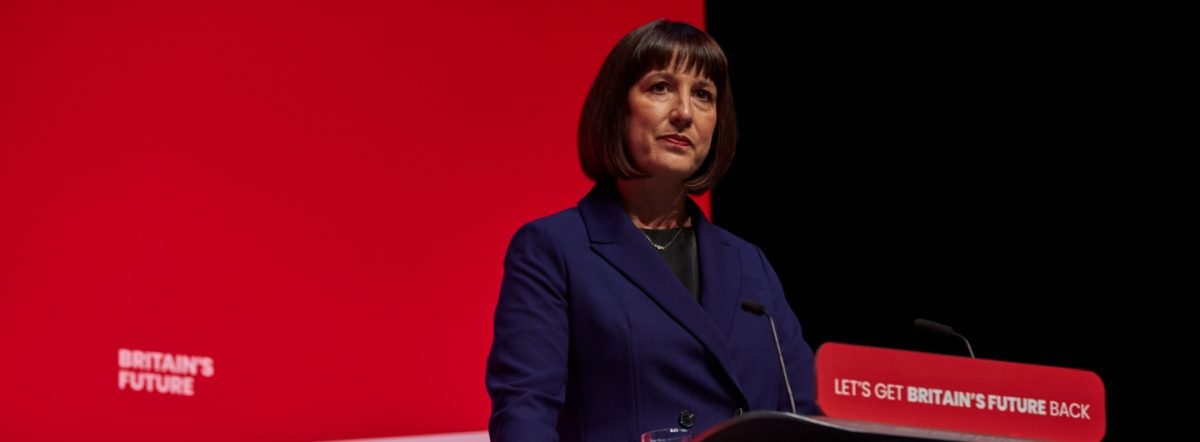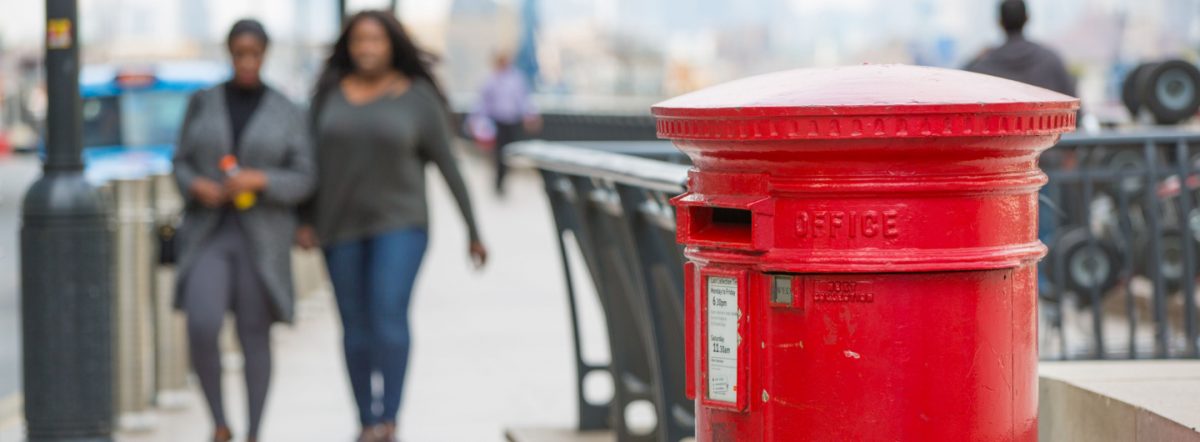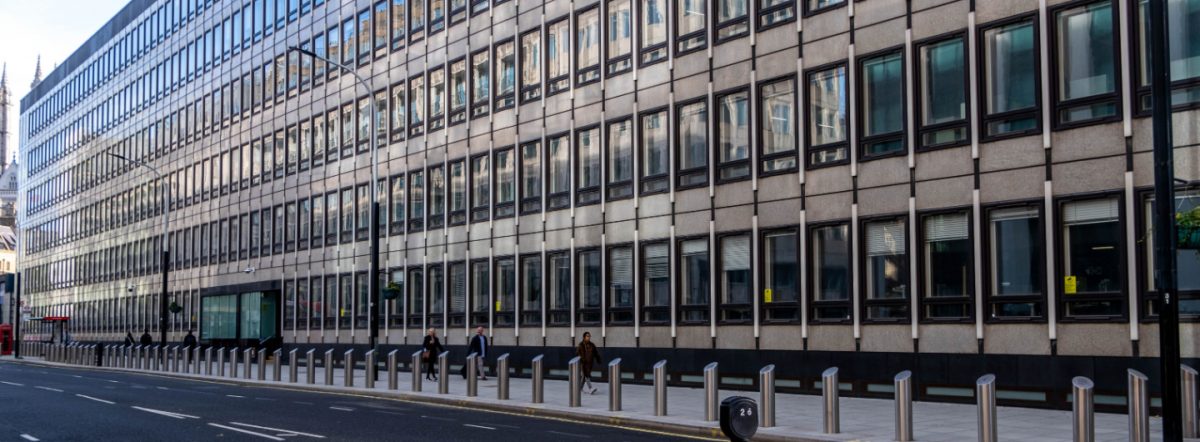Ministers and Ofgem have been warned of a “looming crisis” for households on old-style Radio Teleswitch Service (RTS) meters in a letter from the End Fuel Poverty Coalition.
The stark warning comes as the RTS meter replacement programme shows signs of failing meaning urgent action will be needed to prevent vulnerable households potentially being left without heating and hot water.
In a letter addressed to Miatta Fahnbulleh MP, Minister for Energy Consumers, and Ofgem Chief Executive Jonathan Brearley, the Coalition raised serious concerns about the pace and communication of the meter replacement effort, which affects hundreds of thousands of households across the UK.
The RTS system – used by older electricity meters to control heating and hot water – will be switched off later this year. If an RTS meter is not replaced before the service is switched off, households risk losing access to heating and hot water, particularly where electric storage heating is used.
Customers may also lose the ability to access cheaper off-peak tariffs, leading to higher energy bills, and could face inaccurate or inconsistent billing or in some cases, the meters may stop working properly altogether.
Ofgem has been running a public awareness campaign on the issue with Lorraine Kelly explaining how to check for an RTS meter.
But the Coalition says the replacement programme is falling dangerously behind schedule, with energy suppliers unable to meet existing targets and thousands of customers, especially in rural Scotland, still without a plan for replacement.
“Based on our members’ conversations with energy suppliers, we estimate that in Scotland alone, tens of thousands of RTS meters are yet to be addressed, leaving many consumers in limbo,” the letter states.
The letter also challenges the lack of clarity around the regulator’s “no detriment” commitment, which is designed to ensure that people who move from an RTS meter to a new connection do not have to pay more for their energy.
However, there are warnings that without firm guarantees on this commitment, vulnerable consumers could face higher costs or service disruptions.
Further concerns are also raised about contradictory advice being issued by energy firms to consumers and inconsistent billing practices, with reports of customers being charged double standing charges due to legacy meter configurations.
BBC Radio 4’s You and Yours programme on 28 April highlighted the concerns raised in the letter and an Energy UK spokesperson told the programme that at the end of March 2025, 430,000 households remained on an RTS meter and efforts to replace them stood at 1,000 installations a day.
Simon Francis, coordinator of the End Fuel Poverty Coalition, commented:
“Our member organisations across the country will continue to do all they can to support the transition and raise awareness of the switch, but urgent action is now required. There is a very real risk that over 300,000 households will find their RTS meter stops working come 1 July 2025.
“With pressures on the replacement programme growing and with limited engineer availability, especially in rural areas, there’s a real risk of prolonged disruption, particularly for vulnerable households.
“Government, regulators and energy firms need to face up to the looming crisis and ramp up efforts to help people switch. At the same time we now need to ensure contingency measures are in place for those who do not make the deadline and require energy suppliers to ensure fair metering and billing practices.”
The letter was also copied to devolved administrations in Scotland and Wales, including Gillian Martin MSP and Rebecca Evans MS.
Frazer Scott, Chief Executive of Energy Action Scotland, said:
“Time and time again consumers are left in the dark by the Government and an energy industry failing to deliver on its promises to deliver improvements.
“Let’s not forget that many of these firms are making significant profits from customers and yet their customers, including many vulnerable people, may be left without working heating and hot water or facing the prospect of spiralling costs in just a few weeks time.
“The impact of failure in the switchover process on the health and wellbeing of people across Scotland don’t bear thinking about.”
ENDS
The letter can be read in full in this pdf.
Image of an RTS meter by Richard Harvey – Own work, Public Domain, Wikipedia: https://commons.wikimedia.org/w/index.php?curid=3063595










